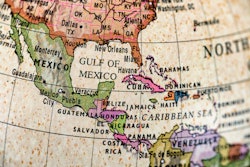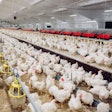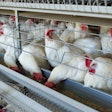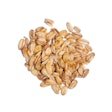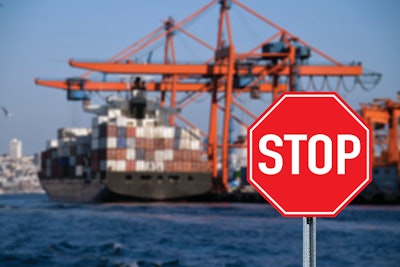
I am attending the 3rd Feed Manufacturers Congress (Conaal) in Guadalajara, Jal., Mexico, organized by the three Mexican feed manufacturers associations: Amepa, Anfaca and Conafab. Choosing Guadalajara, capital city of the state of Jalisco, as the venue of this event was not by chance – it is the epicenter of feed, poultry, swine and beef production in Mexico.
While attending the morning sessions, we could all hear the clock ticking for the announcement to be made by the White House on tariffs. Speakers obviously talked about this issue, and initially I could sense some tension among all of us, not only because of the tariffs imposed on Mexican imports, but also because how the Mexican government could react.
Can you imagine if tariffs were imposed on corn imported from the U.S. for feed manufacturing? It was very important not to levy corn, but anything can happen.
Numbers and comments circled us. I could sense, however, that the attitude was not catastrophic, but rather cautiously optimistic.
 The 3rd Feed Manufacturers Congress (Conaal) in Guadalajara, Jalisco, Mexico.Benjamín Ruiz
The 3rd Feed Manufacturers Congress (Conaal) in Guadalajara, Jalisco, Mexico.Benjamín Ruiz
First of all, we all know that grain producers in the U.S. want to have free trade with Mexico, and they do not want tariffs to be imposed on Mexico. And, as one of the speakers said: we must rest assured that everybody is putting a lot of pressure on both sides of the border to minimize the impact.
In other words: feed and animal producers, you are not alone.
However, it is understandable that ag producers are worried about it. Trade in primary products will be the most affected. You cannot have delays or problems crossing the border if you have fresh products in a truck, for instance. North America is the most food secure region in the world, and we cannot have uncertainty dominating the scene. But the clock was ticking.
On the other hand, problems always bring opportunities. This situation is forcing Mexico to rethink strategies. For instance, it has been criticized that the last Mexican administration did not follow up on the free trade agreement with the EU. And now the government is working on it.
So, it is a must for Mexico to diversify markets and avoid having 80% of trade with just one country. Also, the idea of having a close relationship with Canada is there, as well as getting closer to Brazil and Argentina, and why not, the Middle East, too.
There are many other challenges – lack of infrastructure and lack of interest from new generations in agriculture.
Time passed, and we all received the message. However, let us not forget that these days things change fast – in 48 hours, one week or three months conditions could be different.
What do you think?




